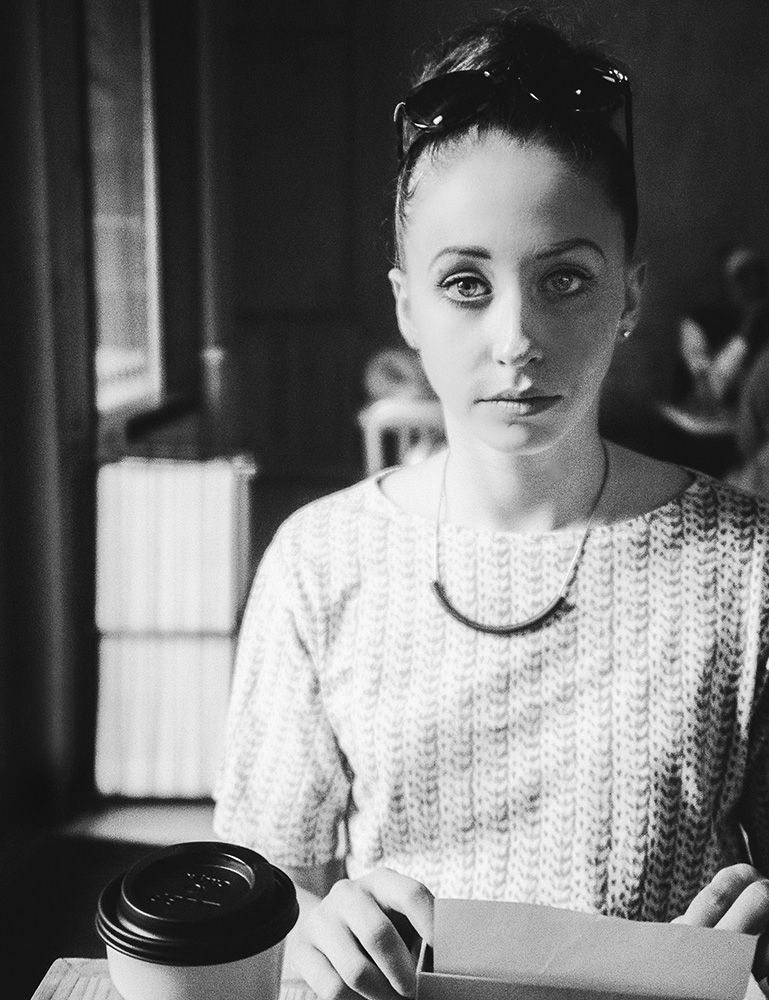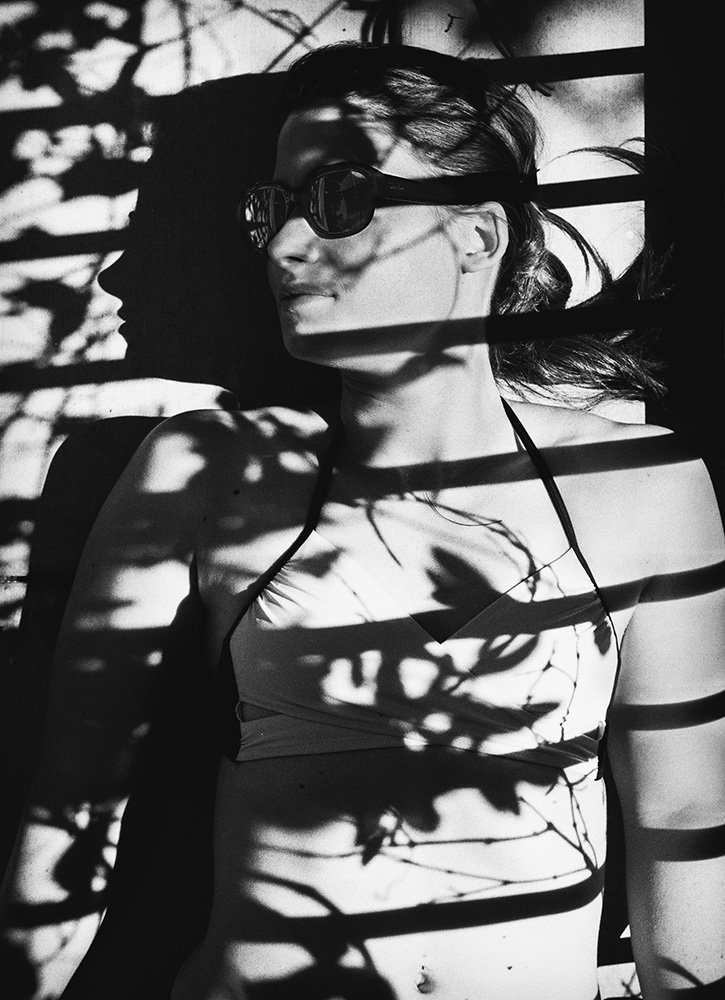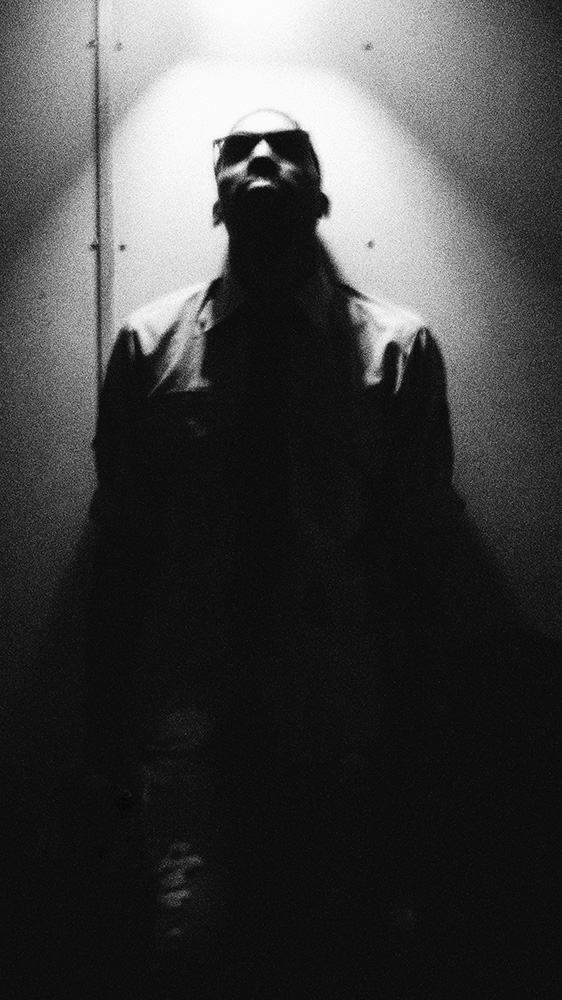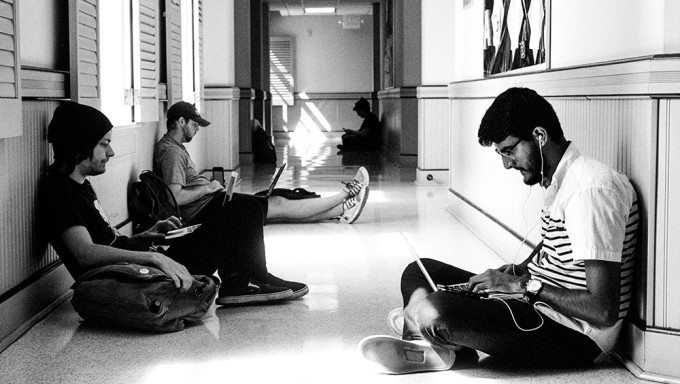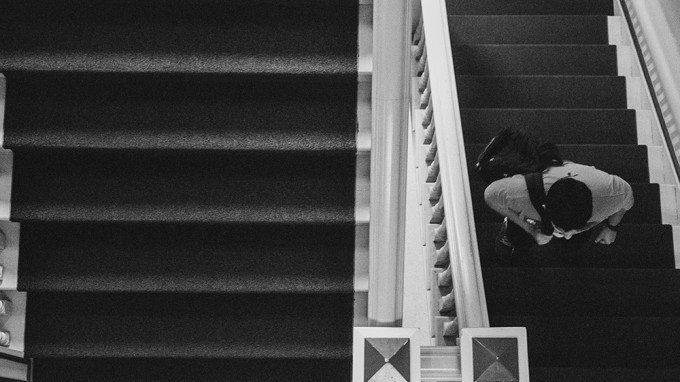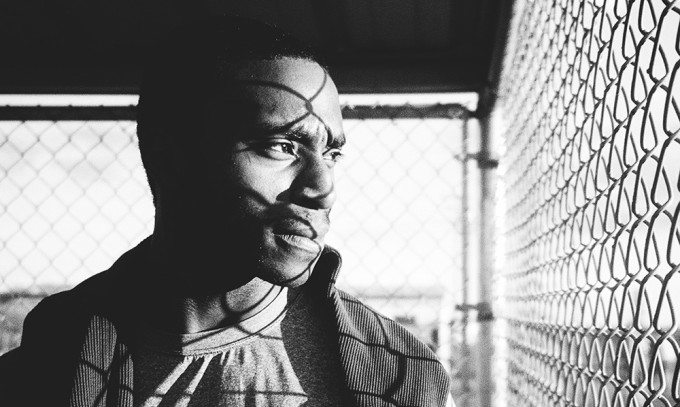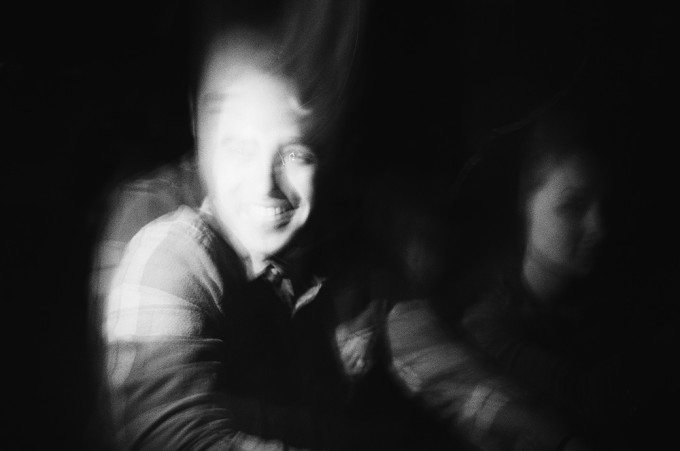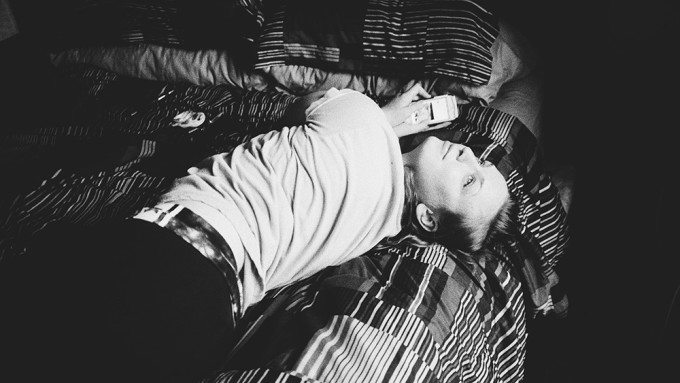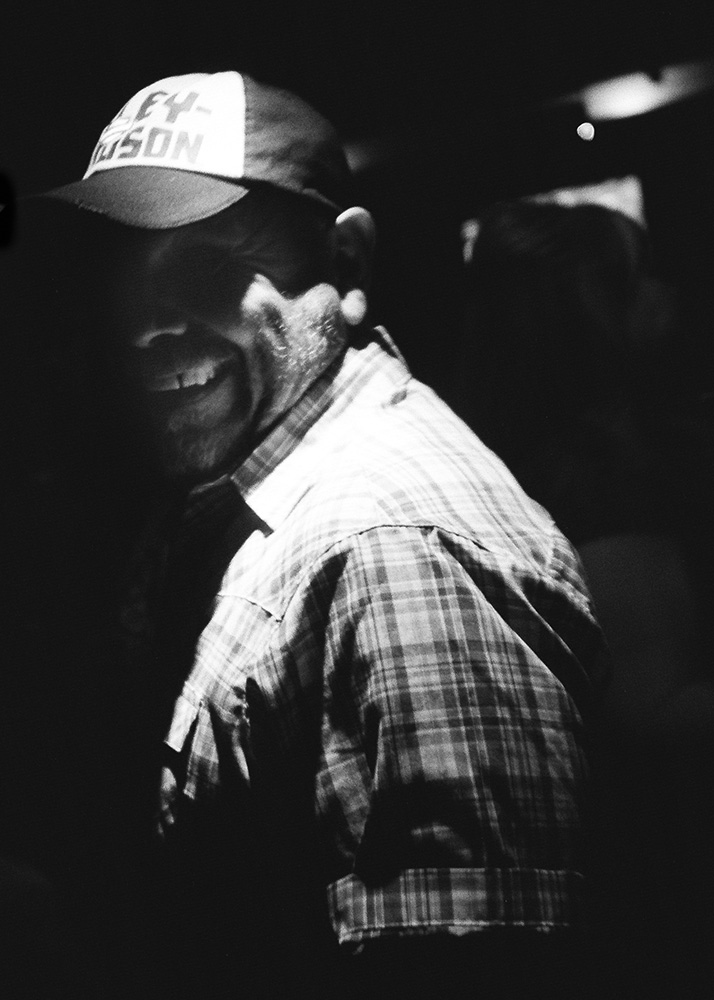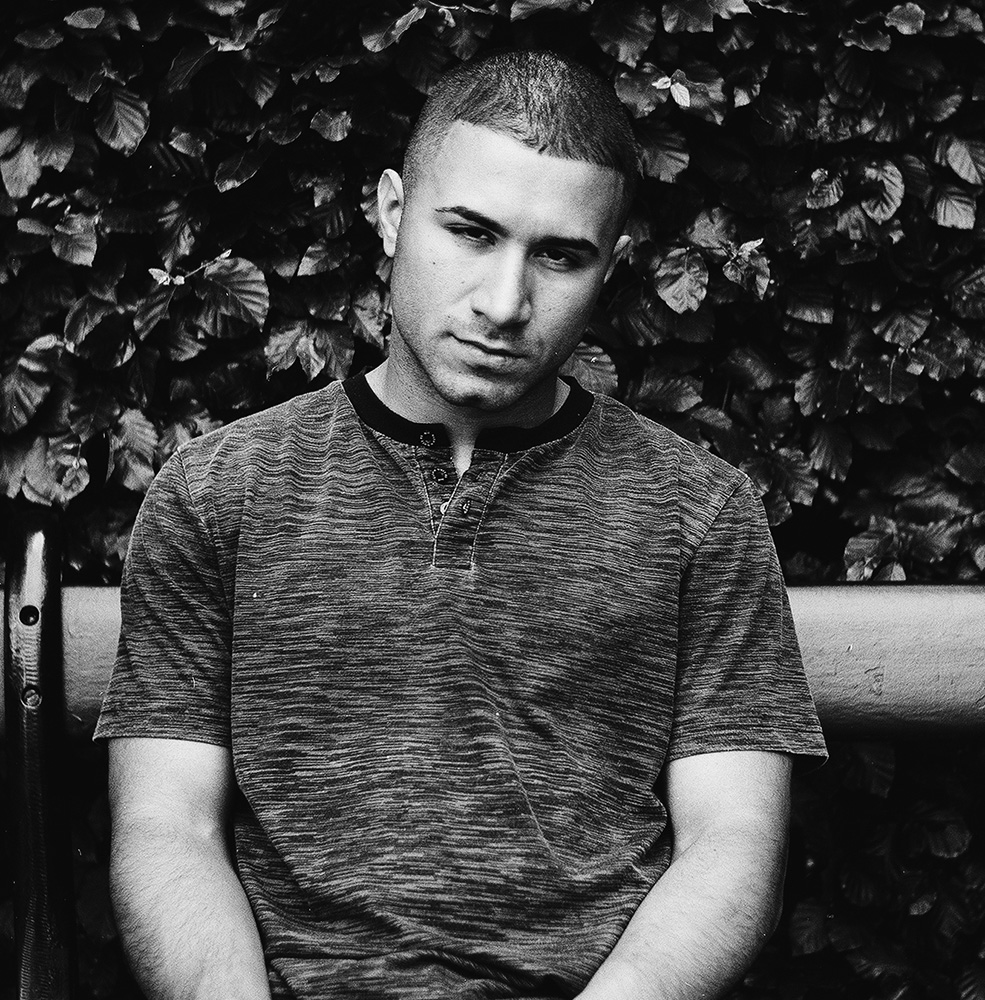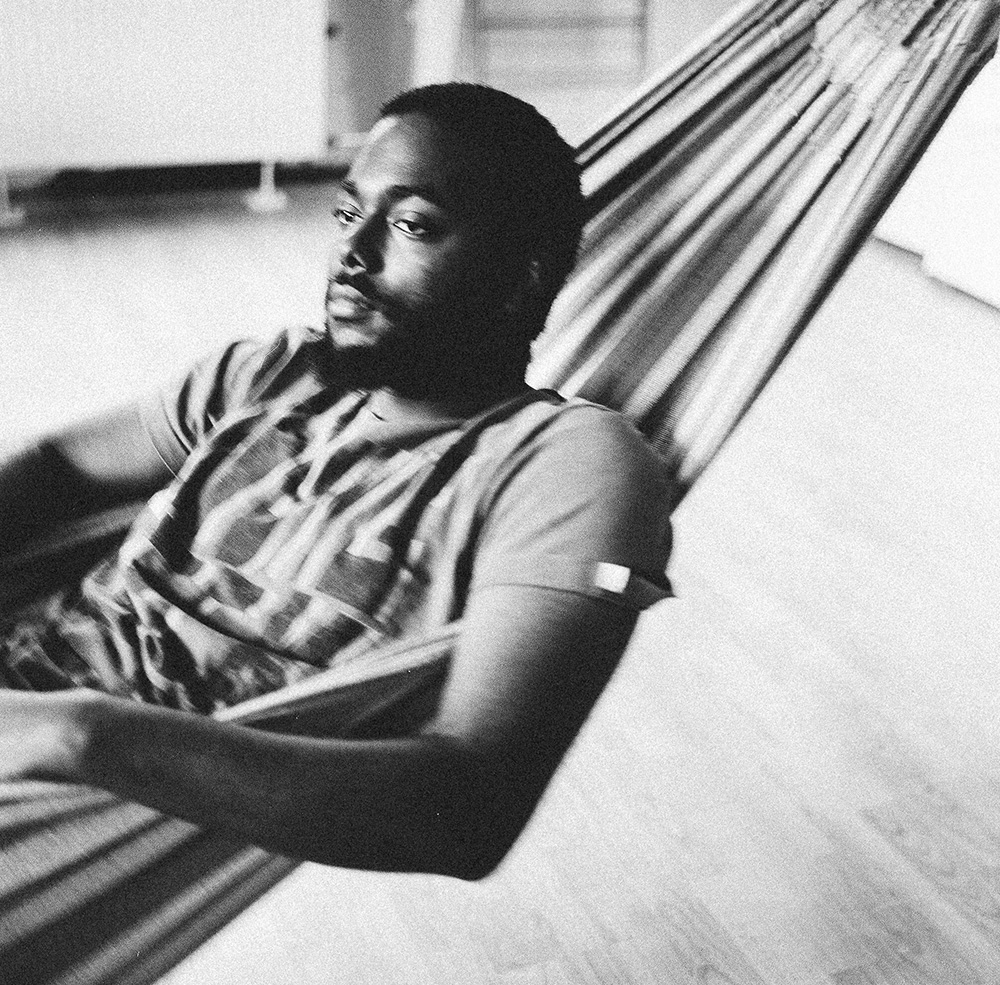Last Updated on 05/29/2023 by StateofDigitalPublishing
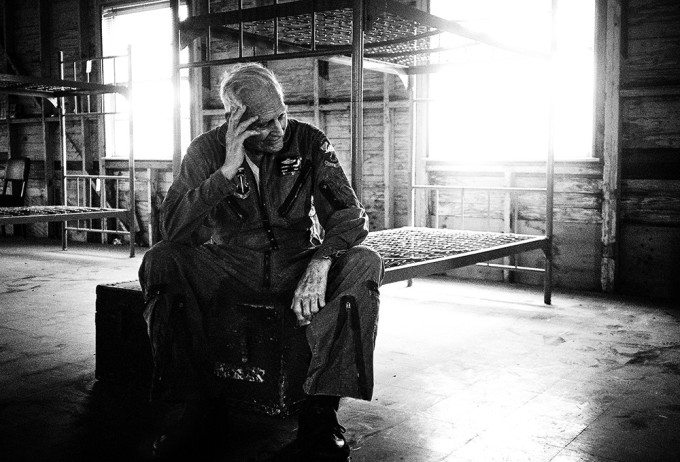
All images by Jordan Castelan. Used with permission. This post is done in collaboration with R/Analog.
Photographer Jordan Castelan never used to take photography very seriously, but his job in the U.S. Air Force made him look at it in another way. He’s a photojournalist in the armed services, “After attending a three month crash course of photography just north of Washington D.C. and learning the ins an outs of the Nikon D300s I was shipped off to Germany.” says Jordan in is initial email to us. “I arrived and immediately got to work but more importantly traveling across as many borders as possible, however during this time photography begin to grow dull. That’s when I first looked into analog photography.”
Jordan surely shoots digital, but when he shoots with film, he truly feels like he can be himself and not get wrapped up in all the technical details of it all.
When toting around his YashicaMat 124G, Olympus XA, a Canon F-1, a Canonet QL17 GIII and equally wide variety of B&W films, he’s happy.
Phoblographer: Talk to us about how you got into photography.
Jordan: It really all started with my enlistment into the U.S. Air Force. Growing up there was always a family camera but no one took it seriously. Up until I had the choice to make photography my actual career in the Air Force, photography was always just something that never really crossed my mind unless I wanted a profile photo.
After I was selected to become a photographer I ended up at the Defense Information School, located on Ft. Meade in Maryland for three months. I had an incredible team of sergeants teaching me and my classmates and a dormitory of nearly a 100 fellow students, most of which were all very motivated about the art. It was an incredible introduction into photography and what has gotten me here now.
Phoblographer: What attracts you to film, portraiture and lifestyle work?
Jordan: My typical workload is photojournalism, and while engaging doesn’t have the widest scope of freedoms. With film I feel free to take risks I normally wouldn’t take. I no longer “have” to get the shot because all the shots are for me now. There isn’t pressure to preform, I get to show up and capture whatever I feel like, however I feel like. It’s my outlet.
Phoblographer: Lots of film shooters tend to shoot film for the experience; but why is it so important to you? Why not just shoot in digital and convert the files.
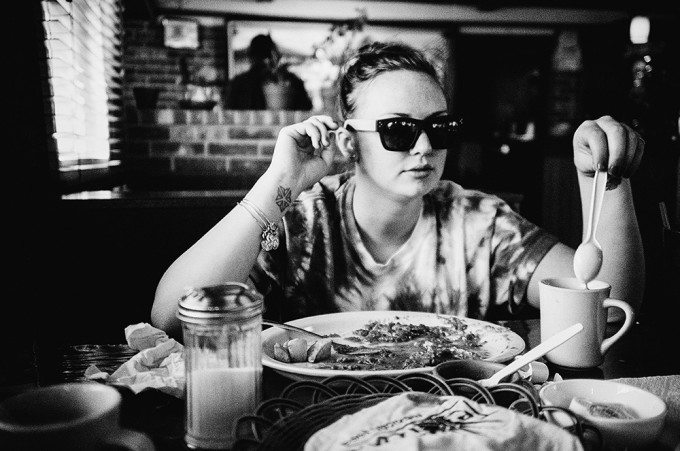
Jordan: It really is a tactile experience for me. The feeling of crank advancing the film, the difference in shutter sound, the weight and balance of the camera in my hand. It’s something that just instantly clicked for me.
I love digital, don’t mistake that, I just find myself being caught up with histograms and trying to get shutter speeds just right and my subject perfectly in focus and such. With film I’m just shooting because I want to shoot.
Phoblographer: What films do you tend to use and how do you feel they let you express yourself creatively?
Jordan: My allegiance really belongs to no particular stock. Tri X, TMax, HP5, Porta, Lomo 400, Gold 200, whatever, I just pick something for my mood, for the weather, how good of a hair day I’m having, there is no rhyme or reason at the moment. The options themselves let me express what I’m feeling.
Phoblographer: When you’re creating an image and the whole thought process is going through your brain, where do you tend to draw your inspiration from when creating images?
Jordan: I really find myself being drawn to taking photos of normal life events we all don’t think twice about, even if that means the photo will fall flat in front of most viewers. I’m not thinking about how such and such photographer would approach something or even how I would normally approach a subject. I’ll take a peak through the viewfinder and if I even think I might like what I see then I’m taking the photo. It’s an explorative journey, on the art and of myself.
Phoblographer: Do you feel that shooting with film makes the photography process a more intimate and interpersonal one between you and subjects? Why?
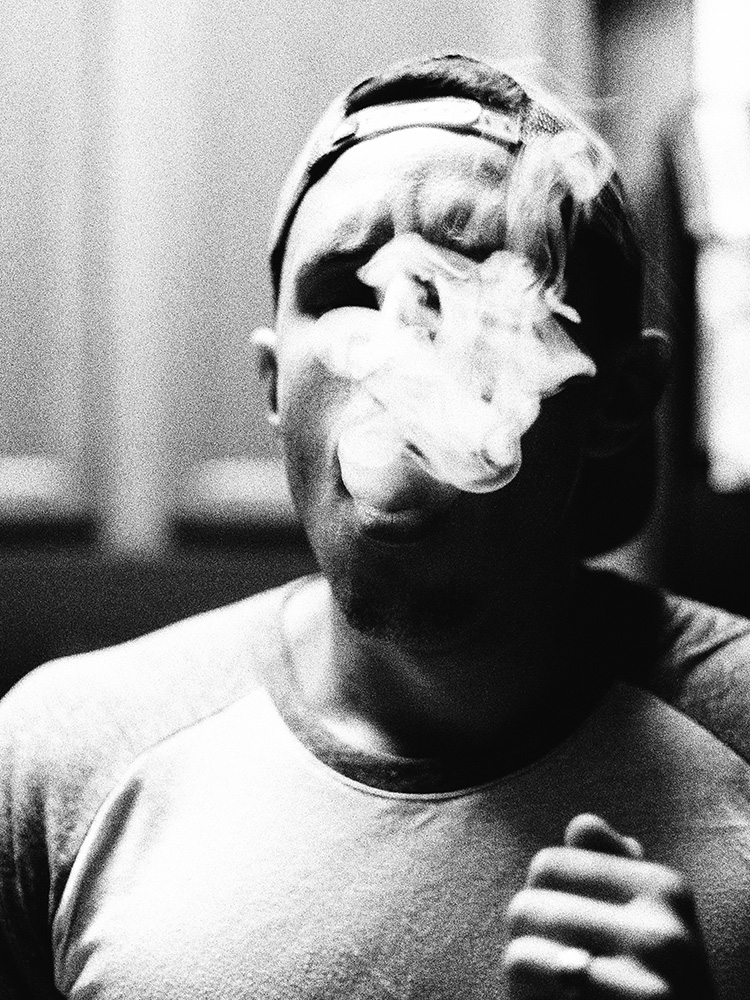
Jordan: The format and the medium of photography really doesn’t define how intimate the photography process is for me. Both with digital and film I’m likely to talk to my subject after taking the frame, maybe find something out about them, show them the shot if it’s digital or tell them why I’m shooting film. Let them advance to the next frame maybe, have them peer through the viewfinder and see how different cameras can be. I want my photography to be a hands on and group experience for everyone involved. I love telling people, “You know, you’re not THAT ugly.”
